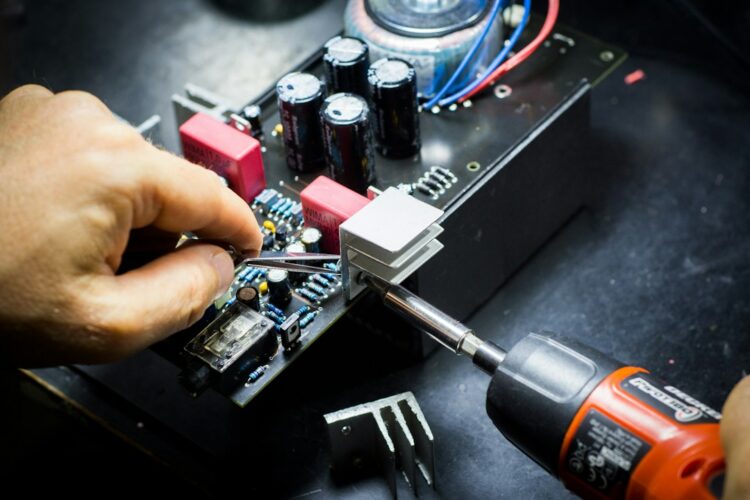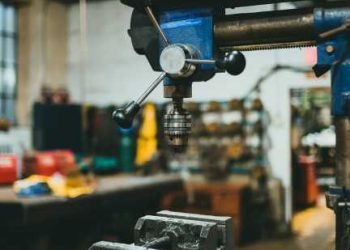Strategies for Implementing Continuous Improvement in Manufacturing
Continuous improvement is a fundamental principle in the manufacturing industry. It involves constantly seeking ways to optimize processes and eliminate waste to enhance productivity, quality, and efficiency. By implementing continuous improvement strategies, manufacturers can stay competitive in a dynamic and demanding market. In this blog post, we will explore some effective strategies for implementing continuous improvement in manufacturing.
1. Develop a Lean Culture:
One of the most effective ways to promote continuous improvement is by establishing a lean culture within the organization. This means creating an environment where employees are encouraged to identify and solve problems, make suggestions, and continuously strive for excellence. When everyone in the organization is committed to lean principles, it becomes ingrained in the company’s DNA, leading to sustainable improvements over time.
2. Set Clear Goals and Objectives:
To effectively implement continuous improvement, it is essential to set clear and measurable goals and objectives. These goals should align with the overall business strategy and be communicated throughout the organization. By providing a clear vision of what needs to be achieved, employees can actively contribute to improving processes and achieving the desired outcomes.
3. Involve Employees at All Levels:
Continuous improvement cannot be successful without the active participation of frontline employees. They are the ones directly involved in the day-to-day operations and often have valuable insights and suggestions for improvement. Encouraging and empowering employees at all levels to contribute to the continuous improvement process helps to foster a culture of innovation and accountability.
4. Implement Kaizen Events:
Kaizen events, also known as rapid improvement events, are focused and time-bound improvement initiatives that aim to achieve quick results. These events bring together a cross-functional team to analyze a specific process, identify areas of improvement, and implement changes within a short period. By adopting a rapid experimentation mindset, manufacturers can address specific challenges and make significant strides towards continuous improvement.
5. Utilize Lean Manufacturing Tools:
The implementation of lean manufacturing tools plays a crucial role in driving continuous improvement. Tools such as 5S, value stream mapping, standardized work, and Kanban systems enable organizations to streamline processes, reduce waste, and improve overall efficiency. By adopting these tools and techniques, manufacturers can enhance productivity, quality, and customer satisfaction.
6. Embrace Technology and Automation:
Incorporating technological advancements and automation can significantly contribute to continuous improvement in manufacturing. Investing in advanced machinery, robotics, and data analytics can help identify inefficiencies, reduce human error, and optimize production processes. By leveraging technology, manufacturers can enhance productivity while maintaining a consistent focus on continuous improvement.
7. Implement a Continuous Training Program:
Continuous improvement requires a knowledgeable and skilled workforce. Implementing a continuous training program ensures that employees are equipped with the necessary skills and knowledge to identify improvement opportunities and implement changes effectively. By providing ongoing training and development, manufacturers can empower employees and foster a culture of continuous learning.
In conclusion, continuous improvement is essential for the growth and success of manufacturing organizations. By implementing strategies such as developing a lean culture, involving employees, setting clear goals, and utilizing lean manufacturing tools, manufacturers can create an environment where continuous improvement becomes a way of life. Embracing technology and automation, implementing Kaizen events, and providing continuous training further strengthen the efforts towards optimizing processes and driving sustainable improvements in the manufacturing industry.












